Part 1: Developing insights into the world of the working carer
Background
Earlier this year we completed a study exploring the experiences of working carers in the South of England – part of a larger research project funded by NIHR ARC Wessex exploring carers needs, experiences and ideas about improving carers involvement in research (Pulman and Fenge, 2025).
A carer is anyone who provides unpaid care to a family member, partner, or friend who is unable to manage without support due to an illness, frailty, disability, mental health issue, or addiction.
Caring, unpaid, for older, disabled or chronically ill relatives or friends is something most of us will experience in our lives – all of us has a two in three chance of doing so. (HM Gov, 2023)
Carers who work in addition to their caring responsibilities – known as working carers – often face an ongoing struggle when trying to combine the dual demands of providing care with paid employment. There are nearly 3.7 million working carers in England and Wales; 2.6 million (72%) of these working in full-time paid employment alongside their caring roles, whilst about 1.6 million carers have problems combining work and care (Austin and Heyes, 2020).
The purpose of our research was to understand the experience of being in paid employment whilst providing unpaid care to someone, including adjustments made to employment, support provided by employers and support agencies, the impact on the carers perceived wellbeing and ideas for improving their involvement in carers research.
Realities of combining working with caring
Initial exploratory PPI work was carried out between September and December 2024 – including n=6 unpaid carers attending a one and a half hour facilitated workshop where they contributed to the design and development of the initial draft of the online questionnaire. Data was collected between December 2024 and May 2025, with n=51 working carers completing our online survey.
We found:
Several themes emerged concerning the carers experience at work, the support mechanisms in place which were helpful to them, issues and challenges experienced and ranked suggestions for future research to develop further understanding of the world of the working carer.
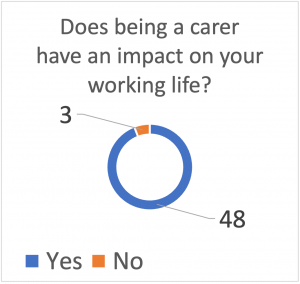
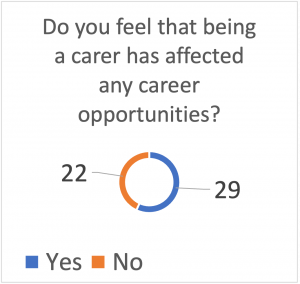
Our research highlighted the importance of developing more humanised ways of employers understanding a working carer’s needs and to meaningfully assist them in meeting their full potential within the workforce.
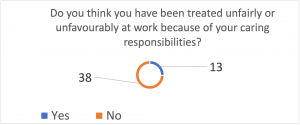
Employers need to think and plan differently for people with unpaid caring responsibilities and realise that working carers need more:
- ENGAGEMENT from employers about how they can stay in work and be supported.
- EMPATHY from employers regarding their caring responsibilities and demands.
- EQUALITY from employers, showing respect and giving carers opportunities to thrive.
Increasing empathetic understanding
Participants in our study (Pulman and Fenge, 2025) felt that it was difficult for some managers and colleagues to fully appreciate working carer experiences unless they had personal experience of a similar situation. This highlights the need for more training for line managers and the wider workforce about the needs and experiences of working carers to promote supportive working environments.
Enhanced training about working carer lived experience, including examples from film and television, innovative higher education eLearning techniques, mixed media, or listening to carer experiences face-to-face could be very beneficial in helping managers and the wider workforce to become more aware of and immersed in the lifeworld of a carer (Todres and Galvin, 2006; Pulman, Todres and Galvin, 2010).
With these approaches in mind, we wanted to reach corporate hearts and change ‘head in the sand’ mindsets by evoking a sense of common connection. To engage with, and communicate to, employers across the Wessex region using innovative visual approaches which would help to open a window on the hidden world of the working carer.
An opportunity to collaborate with local artists
In June, Professor Mel Hughes and Dr Gladys Yinusa invited expressions of interest from university researchers to work with local artists to produce a creative output which would help maximise the reach and impact of current research projects. The pilot project being a collaboration with BEAF Arts Co, an open-access, multi-art form festival and year-round arts programme based in Boscombe.
BEAF (2025) are an innovative and independent organisation of freelancers and volunteers, who feel passionately that culture changes communities for the better and there is a strong evidence base for creative outputs being an inclusive tool for reaching and involving communities in research and for extending the reach of research findings, including to community, academic, policy and practice audiences.
The pilot was developed to build connections with a local artist network who would be involved in selecting their preferred research project – matching the research team with a local artist and then providing funding to cover artist fees and materials. After successfully applying for funding for our research project, we were matched with artist Adilson Naueji to communicate findings.
We look forward to sharing reflections from this collaborative project in the second part of this blog post series soon.
With thanks to:
- Artist Adilson Naueji.
- The working carer research project is supported by the NIHR Applied Research Collaboration (ARC) Wessex.
- The artwork being created is supported by BEAF Arts Co and Bournemouth University.
More information on our project:
Professor Lee-Ann Fenge – lfenge@bournemouth.ac.uk
Dr Andy Pulman – apulman@bournemouth.ac.uk
https://nccdsw.co.uk/clusters/research/carer-research
https://www.arc-wx.nihr.ac.uk/social-care
References:
Austin, A. and Heyes, J., 2020. Supporting working carers: How employers and employees can benefit. CIPD/University of Sheffield.
BEAF Arts Co (2025). BEAF Arts Co Homepage, available online at: https://gotbeaf.co.uk/ (accessed September 30, 2025).
HM Gov (2023). Carers Week 2023: crunching the numbers… HM Gov Social Care Blog, available online at: https://socialcare.blog.gov.uk/2023/06/09/carers-week-crunching-the-numbers/ (accessed September 30, 2025).
Pulman, A. and Fenge, L.-A., 2025. Caring and working: developing insights into the world of the working carer. Health & Social Care in the Community.
Pulman, A., Todres, L., & Galvin, K. (2010). The carer’s world: An interactive reusable learning object. Dementia, 9(4), 535-547.
Todres, L., & Galvin, K. (2006). Caring for a partner with Alzheimer’s disease: Intimacy, loss and the life that is possible. International Journal of Qualitative Studies on Health and Well-being, 1, 50–61.
 Yesterday we reached third day of the three-day Fellowship training workshop in Dhulikhel, Nepal on evidence synthesis. This capacity-building project is led by the University of Huddersfield and takes place at Kathmandu University School of Medical Sciences (KUSMS). This new Fellowship scheme is an international collaboration led by the University of Huddersfield in the UK, in close collaboration with Kathmandu University School of Medical Sciences (in Nepal), the Nepal Health Research Council, and several UK universities: Bournemouth University, the University of Sheffield, Canterbury Christ Church University, Keele University and the University of Chester. This unique Fellowship started online in the autumn of 2025 and is part of a larger project on strengthening institutional knowledge and capacity of federal, provincial and local governments for evidence-informed health policymaking in Nepal. This important initiative is funded by The British Academy and supported in the field by Green Tara Nepal [1]. The project involved Bournemouth University’s Dr. Pramod Regmi and Prof. Edwin van Teijlingen both in the Faculty of Health, Environment & Medical Sciences.
Yesterday we reached third day of the three-day Fellowship training workshop in Dhulikhel, Nepal on evidence synthesis. This capacity-building project is led by the University of Huddersfield and takes place at Kathmandu University School of Medical Sciences (KUSMS). This new Fellowship scheme is an international collaboration led by the University of Huddersfield in the UK, in close collaboration with Kathmandu University School of Medical Sciences (in Nepal), the Nepal Health Research Council, and several UK universities: Bournemouth University, the University of Sheffield, Canterbury Christ Church University, Keele University and the University of Chester. This unique Fellowship started online in the autumn of 2025 and is part of a larger project on strengthening institutional knowledge and capacity of federal, provincial and local governments for evidence-informed health policymaking in Nepal. This important initiative is funded by The British Academy and supported in the field by Green Tara Nepal [1]. The project involved Bournemouth University’s Dr. Pramod Regmi and Prof. Edwin van Teijlingen both in the Faculty of Health, Environment & Medical Sciences.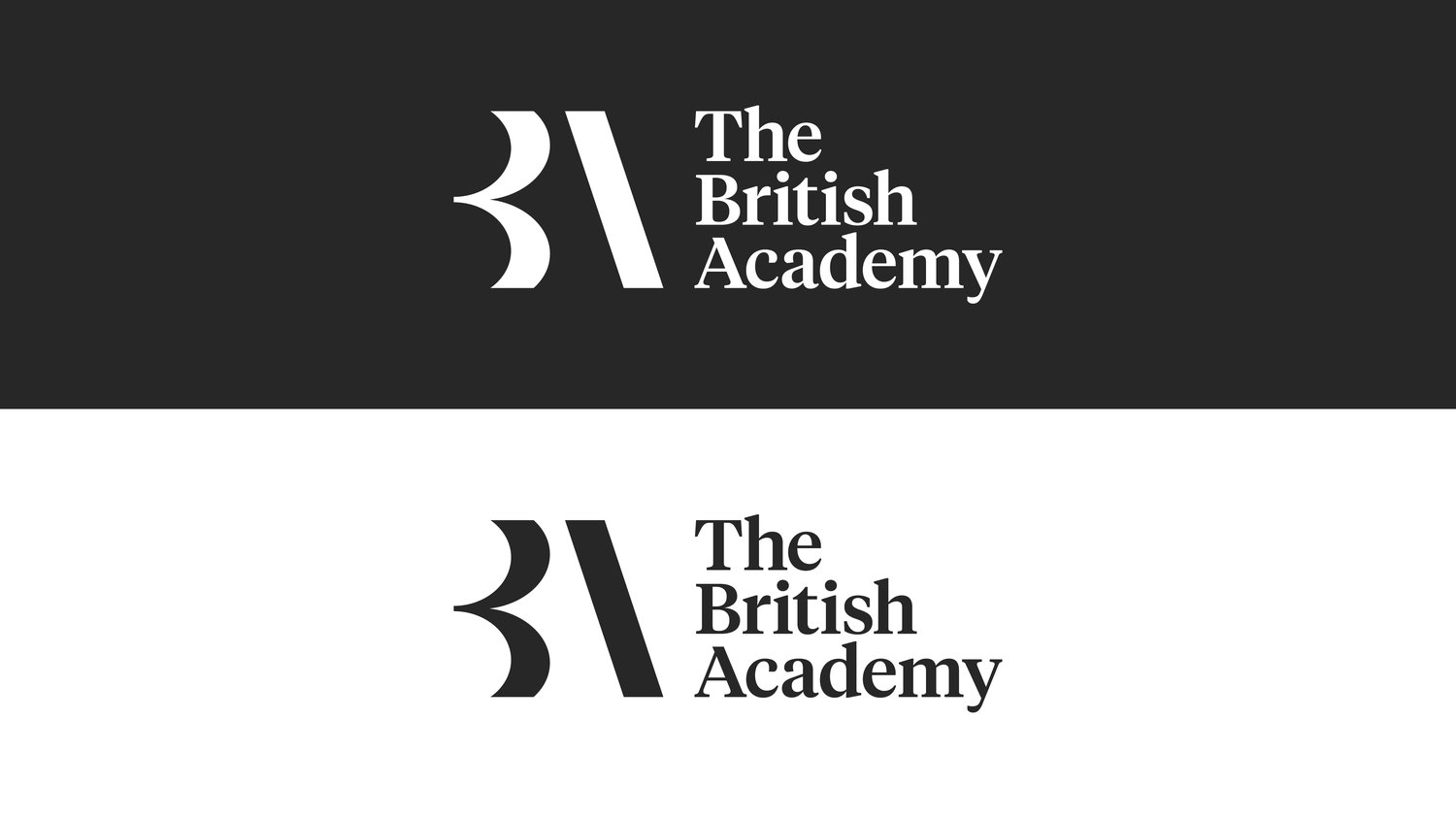
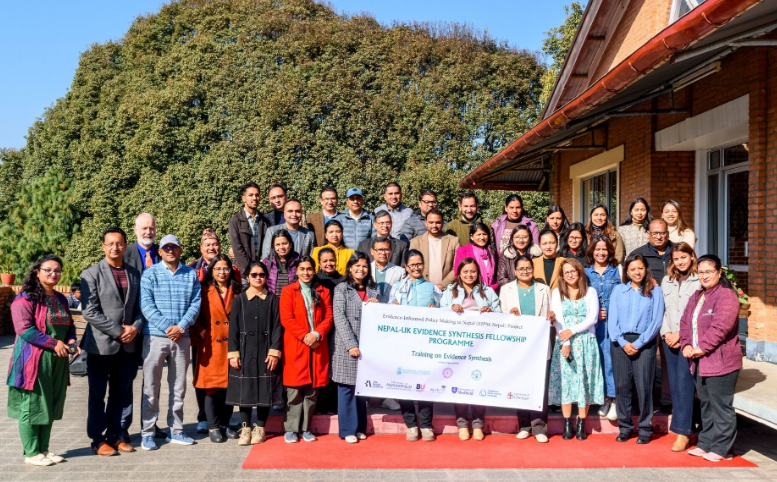





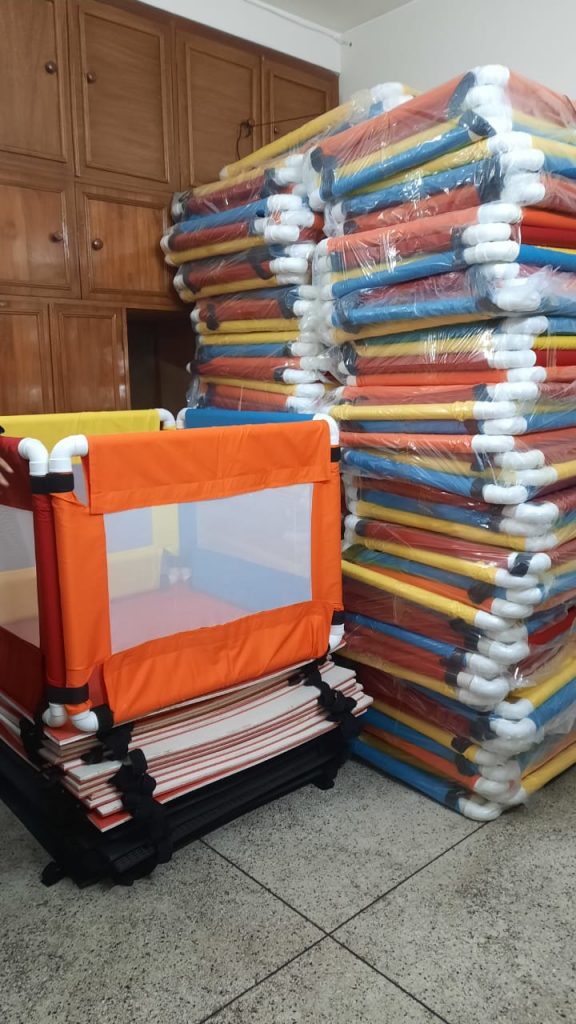
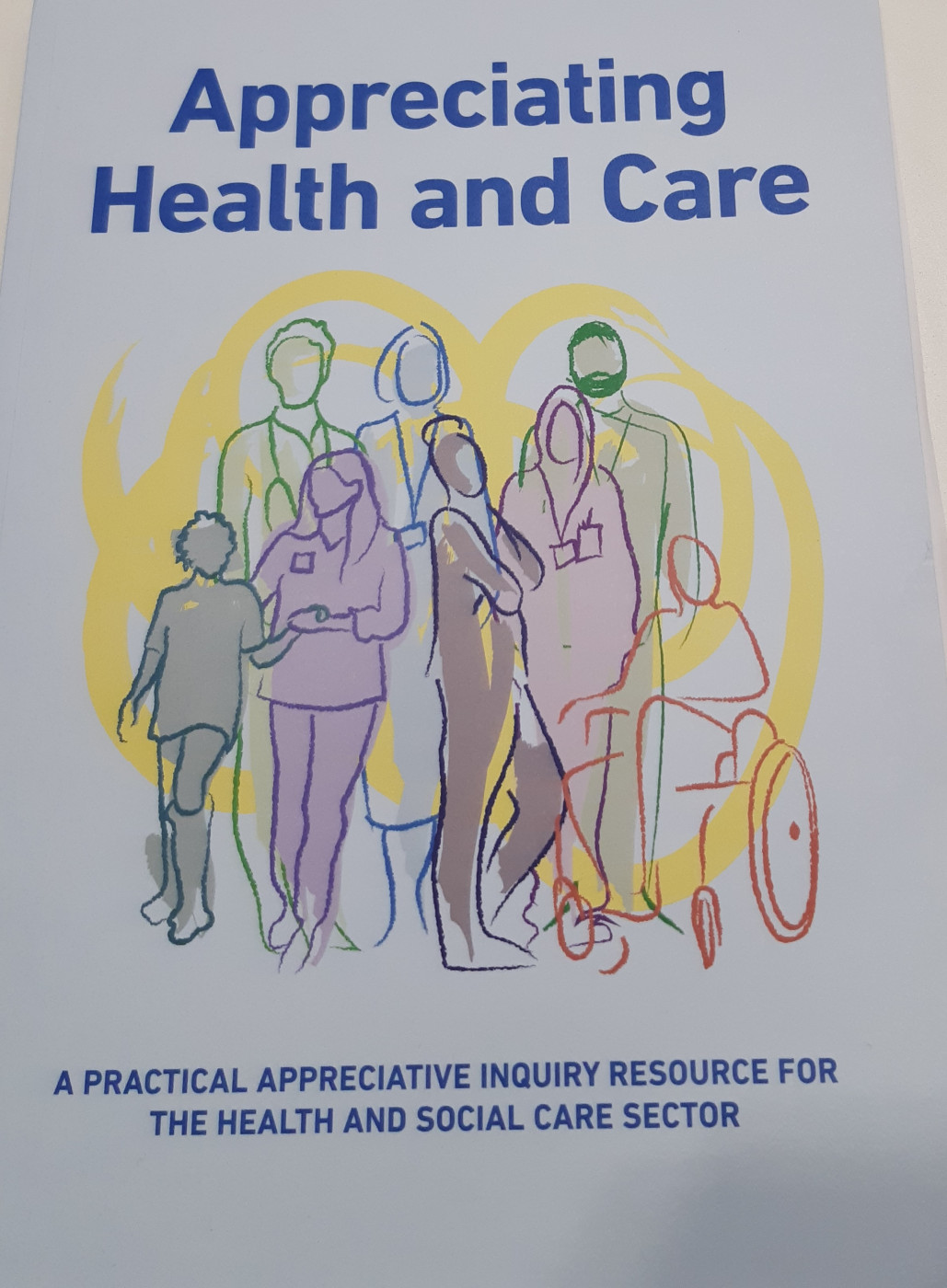


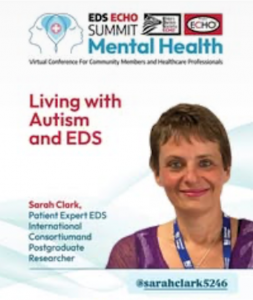
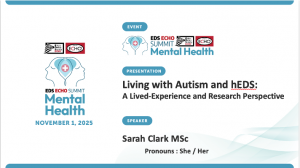
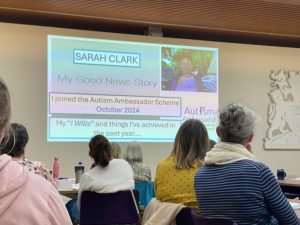
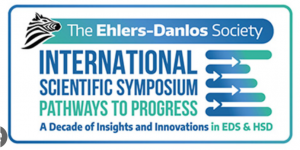
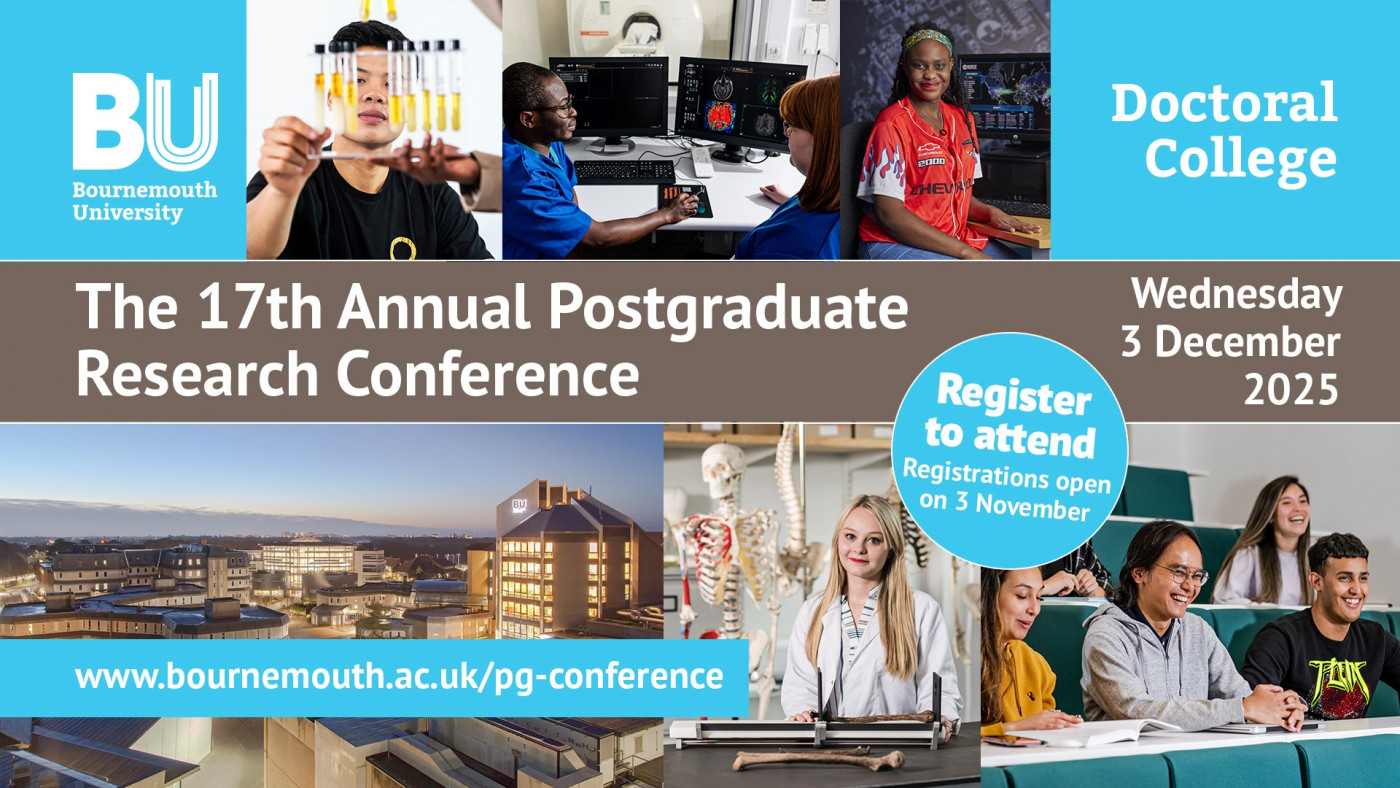 Register now to attend the 17th Annual Postgraduate Research Conference, hosted by the Doctoral College.
Register now to attend the 17th Annual Postgraduate Research Conference, hosted by the Doctoral College.



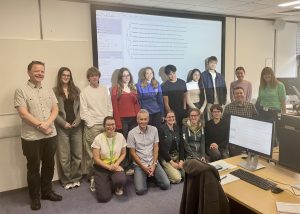 Dr Demetra Andreou and Prof Genoveva Esteban from the School of Life and Environmental Sciences recently welcomed Sixth Form students and science teachers from Thomas Hardye School (Dorchester) to a full-day workshop on the molecular ecology of freshwater shrimps. The academics offered a hands-on computational investigation of biodiversity, demonstrating how DNA analysis can reveal population structures, detect potential invasive species, and inform conservation strategies in freshwater ecosystems.
Dr Demetra Andreou and Prof Genoveva Esteban from the School of Life and Environmental Sciences recently welcomed Sixth Form students and science teachers from Thomas Hardye School (Dorchester) to a full-day workshop on the molecular ecology of freshwater shrimps. The academics offered a hands-on computational investigation of biodiversity, demonstrating how DNA analysis can reveal population structures, detect potential invasive species, and inform conservation strategies in freshwater ecosystems.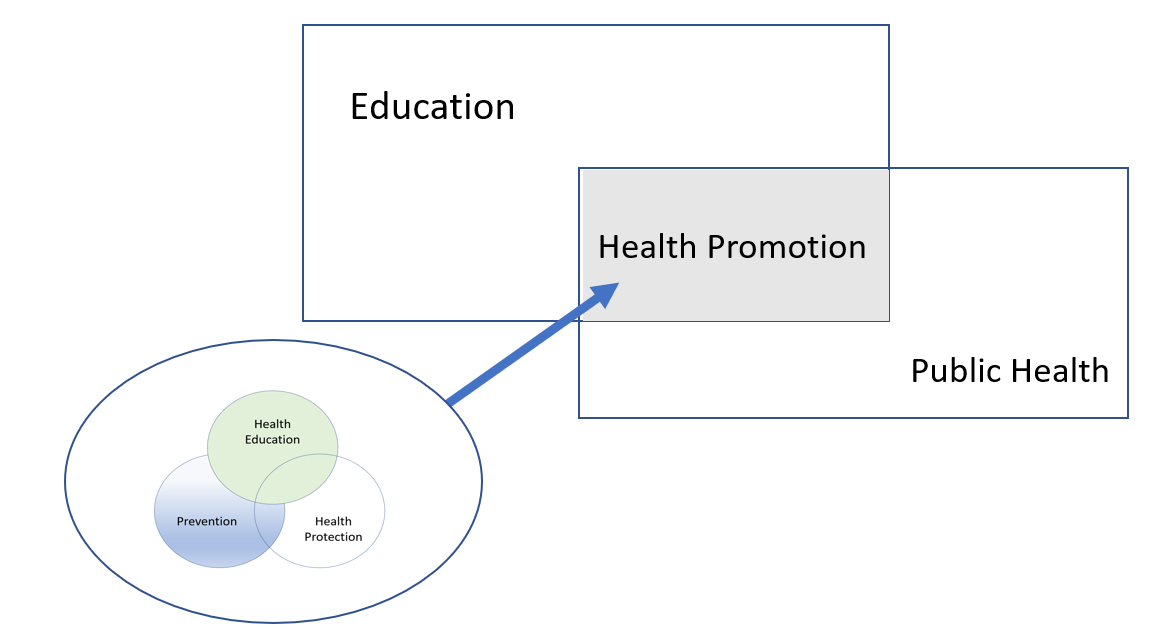

 Academic research in the creative industries often identifies real-world challenges. We’re interested in inequalities, structural gaps, working conditions, management practices and much beside. But translating those insights into practical change isn’t always straightforward. So when The British Academy awarded me an Innovation Fellowship last year, I was able to use my time to develop a modest but tangible intervention that attempted to do both: contribute to scholarly thinking on freelance labour, and offer something of genuine value to people working in TV.
Academic research in the creative industries often identifies real-world challenges. We’re interested in inequalities, structural gaps, working conditions, management practices and much beside. But translating those insights into practical change isn’t always straightforward. So when The British Academy awarded me an Innovation Fellowship last year, I was able to use my time to develop a modest but tangible intervention that attempted to do both: contribute to scholarly thinking on freelance labour, and offer something of genuine value to people working in TV.


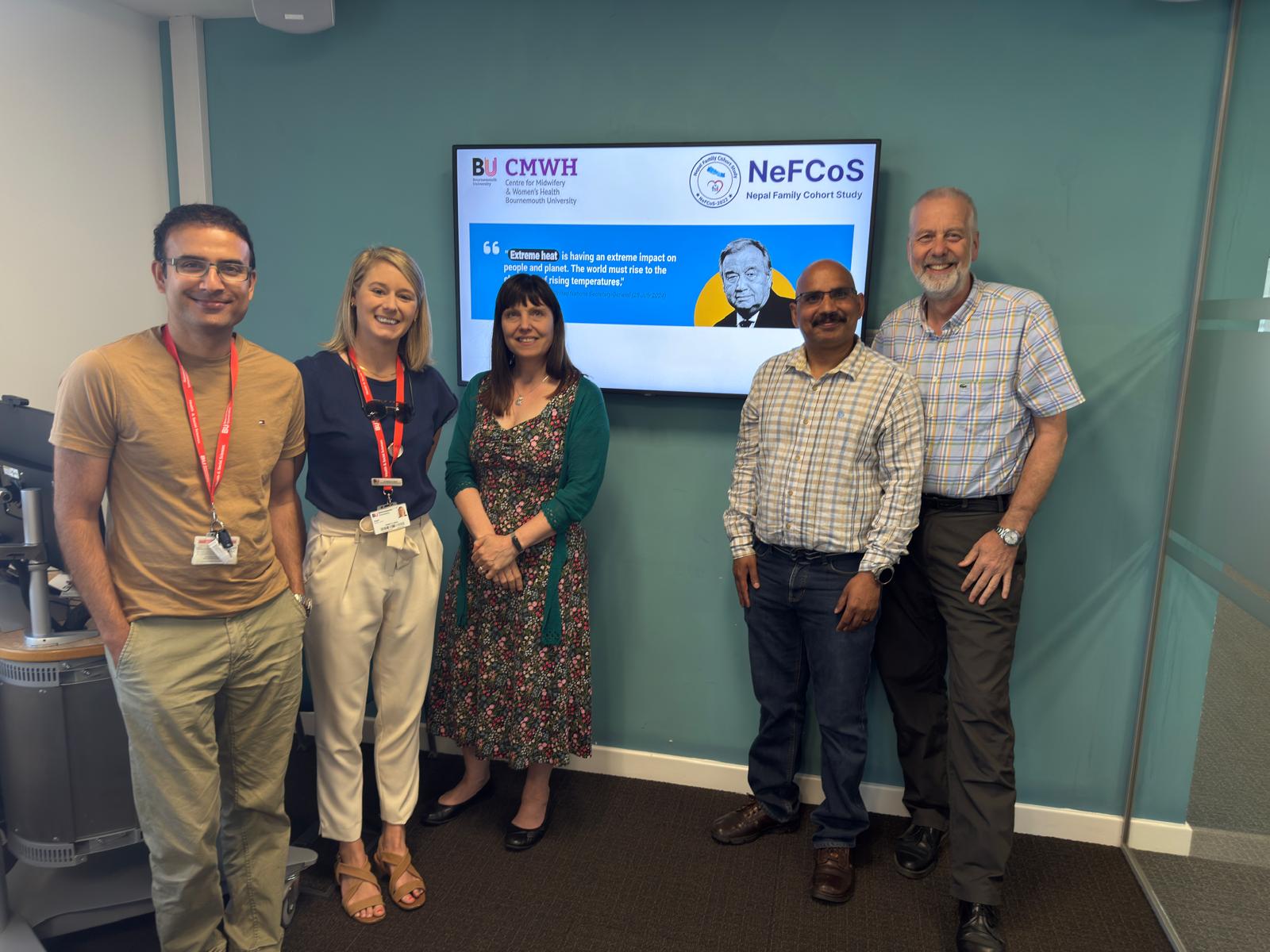
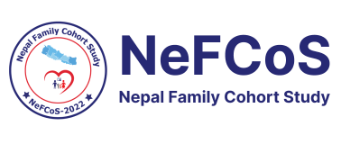
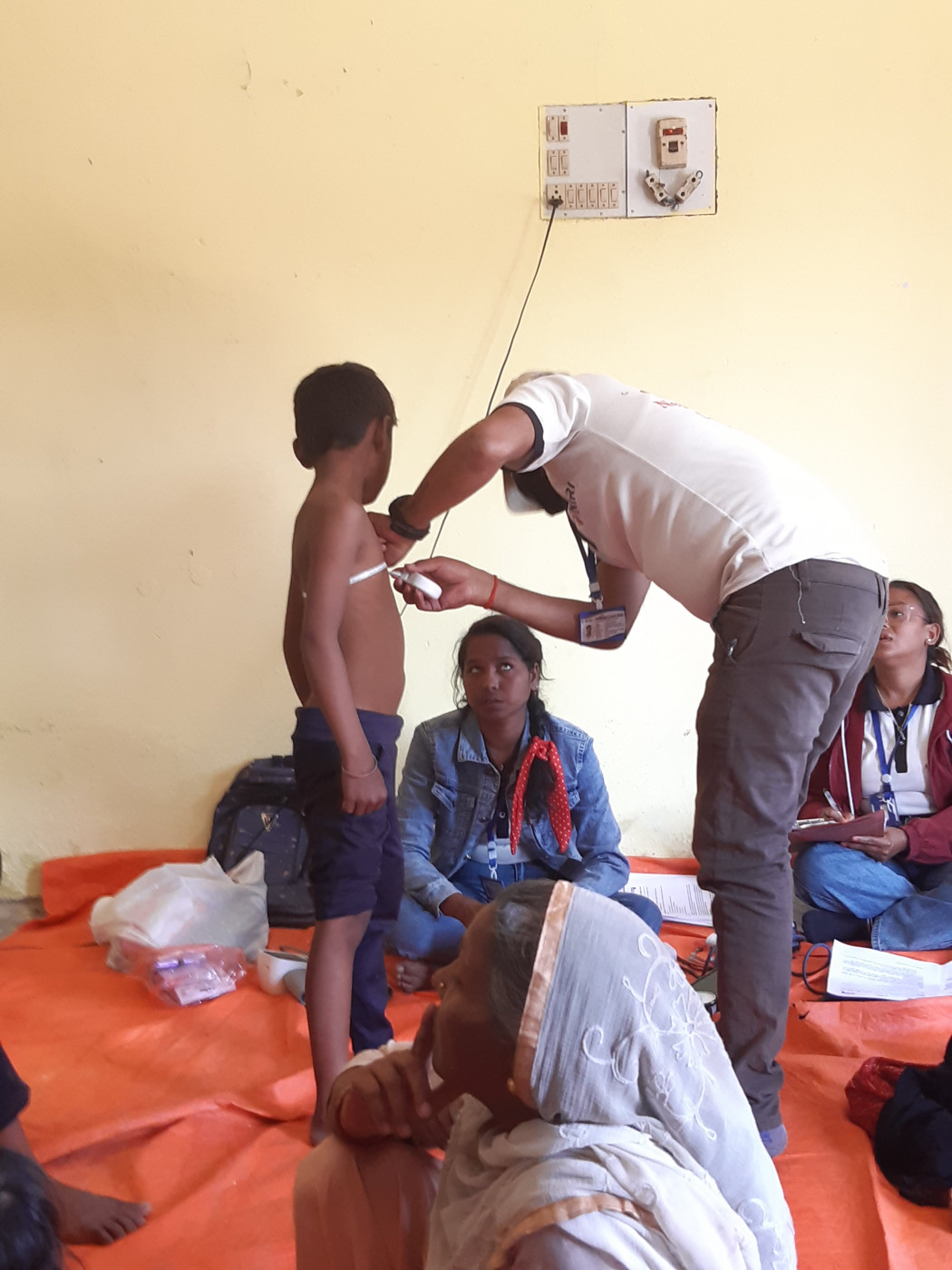















 Nursing Research REF Impact in Nepal
Nursing Research REF Impact in Nepal Fourth INRC Symposium: From Clinical Applications to Neuro-Inspired Computation
Fourth INRC Symposium: From Clinical Applications to Neuro-Inspired Computation ESRC Festival of Social Science 2025 – Reflecting back and looking ahead to 2026
ESRC Festival of Social Science 2025 – Reflecting back and looking ahead to 2026 3C Event: Research Culture, Community & Cookies – Tuesday 13 January 10-11am
3C Event: Research Culture, Community & Cookies – Tuesday 13 January 10-11am Dr. Chloe Casey on Sky News
Dr. Chloe Casey on Sky News ECR Funding Open Call: Research Culture & Community Grant – Application Deadline Friday 12 December
ECR Funding Open Call: Research Culture & Community Grant – Application Deadline Friday 12 December MSCA Postdoctoral Fellowships 2025 Call
MSCA Postdoctoral Fellowships 2025 Call ERC Advanced Grant 2025 Webinar
ERC Advanced Grant 2025 Webinar Horizon Europe Work Programme 2025 Published
Horizon Europe Work Programme 2025 Published Update on UKRO services
Update on UKRO services European research project exploring use of ‘virtual twins’ to better manage metabolic associated fatty liver disease
European research project exploring use of ‘virtual twins’ to better manage metabolic associated fatty liver disease